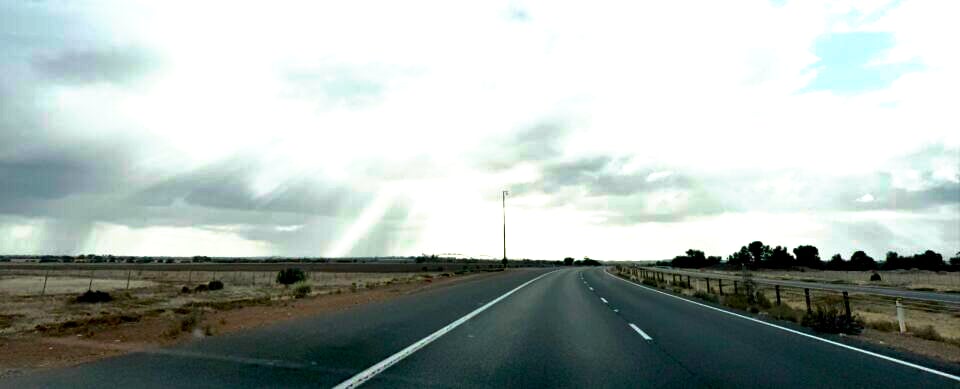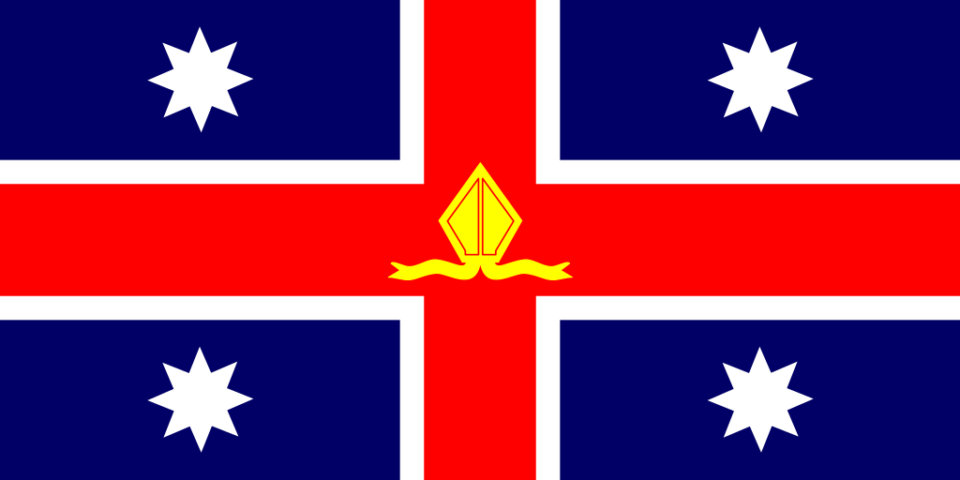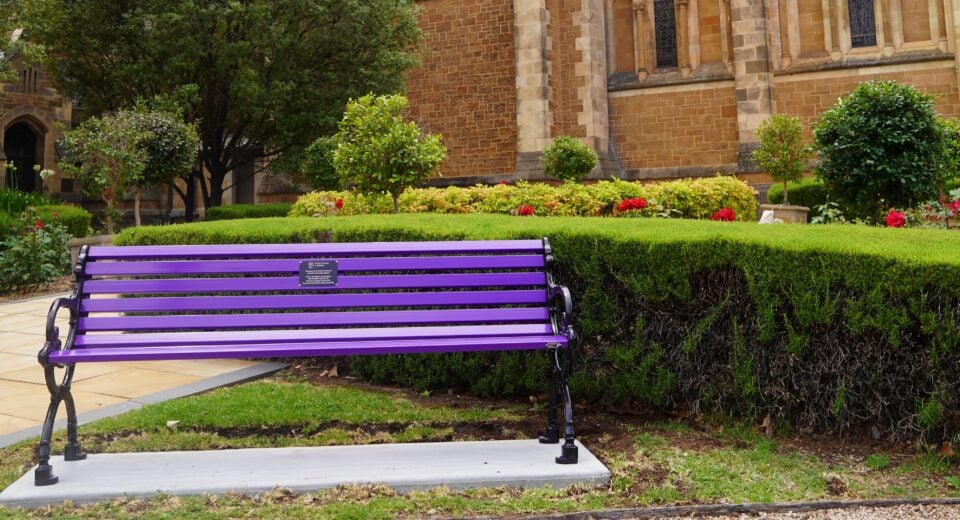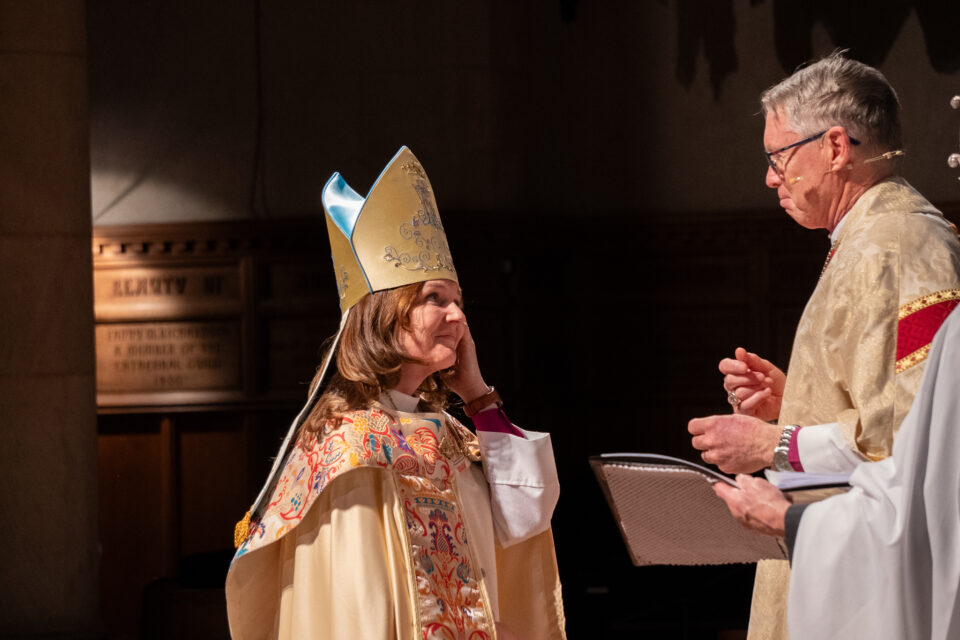By Sue Henry-Edwards
This year, 2022, is the 30th Anniversary of the ordination of the first women priests in the Anglican Church of Australia after a long and, at times, bitter struggle.
Many faithful Anglicans – women and men, lay and ordained – had prayed and protested, held silent vigils, and had campaigned, discussed and debated in groups and organisations, parishes, diocesan and national synods and in the public media for years to reach this momentous goal.
For all of those involved, 1992 was a tumultuous year. Although General Synod had not yet passed legislation to remove all obstacles to the ordination of women as priests, the year started with great anticipation.

The Reverend Dawn Kenyon who had been ordained priest in New Zealand, was licensed as priest in charge of a parish in the Diocese of Perth, while Bishop Owen Dowling, Bishop of Canberra-Goulburn, had announced that he would ordain 11 women to the priesthood on 2 February 1992.
Opponents of the ordination of women sought an injunction through the secular courts to prevent the Canberra-Goulburn ordination from going ahead. It was granted on February 1st causing widespread grief and shock. Members of the Movement for the Ordination of Women placed red roses in cathedrals around the country to express their grief and support for the women.
Then, on 7 March, in a service that was televised nationally, 10 women were ordained to the priesthood by Archbishop Peter Carnley in Perth.
Supporters of women’s ordination were overjoyed. At last, God’s call to women had been formally recognised and women were publicly acknowledged to be “fit for this office”.
However, there were still hurdles to overcome.
General Synod met in July and failed to pass a canon to remove impediments to the ordination of women as priests although they did give provisional assent.
A further meeting of General Synod on 21 November narrowly passed the canon despite strong support from 19 of the 24 diocesan synods.
A flurry of activity followed and by the end of the year the canon had been ratified by the Dioceses of Adelaide, Bathurst, Bendigo, Brisbane, Canberra-Goulburn, Melbourne, Newcastle, Rockhampton, and Tasmania.
First year’s score: 92 in 92
In December 80 women were ordained priest and the Reverend Caroline Pearce, who had been ordained in the US, and was licensed in the Diocese of Melbourne.
By the end of the year Australia had 92 women priests.
The first ordination in Adelaide took place on 5 December 1992 following General Synod. Five women deacons – the Reverends Joan Claring-Bould, Flo Monaghan (now Walters), Sr Juliana CI (Community of the Incarnation), Susanna Pain and Susan Straub were ordained priest alongside four men.

The service in St Peter’s Cathedral was packed with the families and friends of the ordinands, the people and clergy of the Adelaide Diocese, supporters of women’s ordination from around Australia and some vocal opponents.
There was great interest from the media and the service was filmed by the ABC, as pictured at the head of this article.
The service started with a grand procession including parishioners carrying parish banners. Sadly, the beautiful new banners celebrating women of the Bible, made for the occasion by Alder Hall, were not permitted into the Cathedral but were prominent on the steps outside.
When it came to the presentation of the ordinands there were protests.

The Assistant Bishop, Lionel Renfrey, made his dignified protest and left the service as expected but everyone was shocked when a woman stood and cursed Archbishop Ian George for what he was about to do.
When the newly ordained priests were presented to the congregation they were greeted with thunderous joyful applause.
As the final procession left the Cathedral gold, violet and green streamers and balloons were released from the gallery into the aisle in celebration.
The ordinands had organised a morning tea at St Mark’s College and this was followed by a celebratory picnic in the Peace Park near the Cathedral which went on until late into the afternoon.
This was not a new issue for the church.

The question of the ordination of women in the Anglican Church was first raised in the 19th Century and was further discussed at Lambeth Conferences in the 1920s and 1930s.
The first woman priest in the Anglican Communion, Florence Li Tim Oi was ordained in 1944 by Bishop Ronald Hall, Bishop of Hong Kong and South China.
The Lambeth Conference of 1968 endorsed the ordination of women as deacons and urged the provinces of the Anglican Communion to explore and debate the evidence for the ordination of women priests and to report back to the Anglican Consultative Council.
Where are we now?
In Australia groups of women and men who supported the ordination of women and full equality of women and men in the Church were formed in dioceses around the country. In Adelaide these were Christians Concerned, an ecumenical feminist group, and Women and Holy Orders? (WHO?), which held its first meeting in May 1980 at the home of Alison Gent.
In 1984, at a public meeting at St Matthew’s Kensington in Adelaide, the groups from around the country came together to form The Movement for the Ordination of Women (MOW) as a national organisation with branches in each state.

The first National President was Dr Patricia Brennan from Sydney. MOWSA was led by three co-Conveners, Caroline Pearce, Dianne Bradley and Ali Wurm.
MOW was not just focused on ordination but also campaigned for inclusive language and liturgy, equality in the roles of lay women and men, and encouraged engagement with new forms of biblical scholarship and theology. There was an emphasis on a re-evaluation of the nature of priesthood as a ministry of service rather than of authority.
According to the Anglican Church of Australia Directory 2020/21 Australia now has a total of 3,831 clergy of whom 888 (23 per cent) are women. This number includes seven bishops, 397 active priests, 171 active deacons, 66 ‘other clergy’ and 247 retired clergy.
In Adelaide, the directory records a total of 169 clergy of whom 44 (26 per cent), are women including a bishop, 25 active priests, seven active deacons, three other clergy, and eight retired clergy.
Celebrations in 2022
This, the 30th Anniversary year is a time for celebrations and to honour the pioneers – the priests, Joan, Flo, Sr Juliana, Susanna and Susan and those who have come after them, as well as those women and men who campaigned and worked to achieve ordination for women, often at significant cost to themselves – people such as Alison Gent, Alder Hall, Muriel Gorrie, Elaine Gregory, Margaret Flint, John Gaden, Caroline Pearce, Else Grey-Smith and many others.
A number of events are planned throughout the year
March 23rd 2022
St Peters Cathedral
5:30pm Diocesan Celebration Eucharist Further details TBA
July 9th 2022
St George’s Goodwood.
Eucharist, shared lunch and guest speaker for Benedictine Oblates and members and associates of other religious orders. The anniversary of the ordination of women will be a focus of the day. Speaker TBA
September 16th – 18th 2022
MOW National Conference for the 30th Anniversary of the Ordination of Women Priests Venue: Christ Church St Laurence, 812 George St Sydney.
Further information https://mowatch.com.au/ December 5th 2022
An event will be held on the 30th Anniversary of the first ordination of women as priests in Adelaide
Further details will be distributed closer to the time and will be published on the MOW website https://mowatch.com.au/ and on the Guardian website https://adelaideanglicans.com/news-events/guardian/
History Trust of SA
The Centre for Democracy at the History Trust is planning a short video about women’s struggle for full participation and recognition in the church, particularly ordination.
Individuals, parishes and groups are encouraged to arrange their own events to commemorate and celebrate this 30th Anniversary. Please keep us informed of what you are doing by sending details to Bishop Denise [email protected] or Sue Henry-Edwards [email protected]
To advertise events on the MOW website please contact Sue Henry-Edwards [email protected] or Lesley McLean [email protected]






